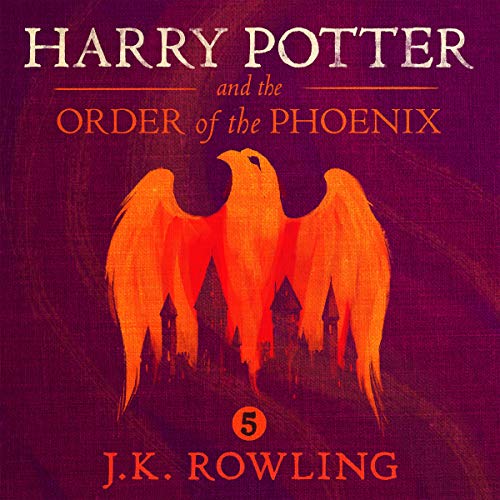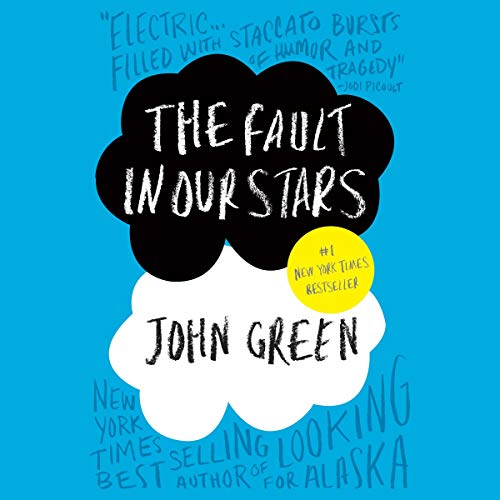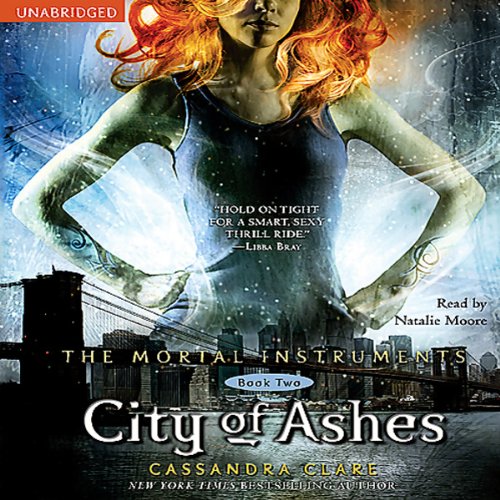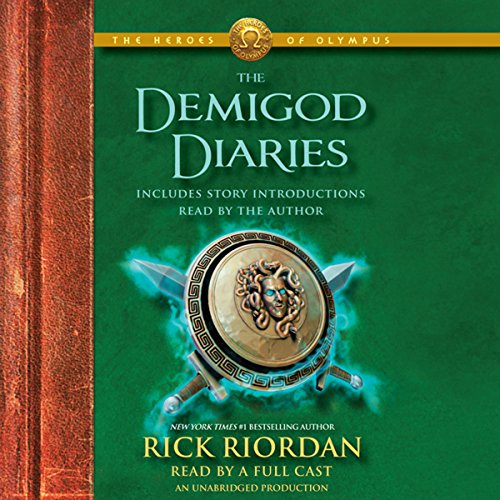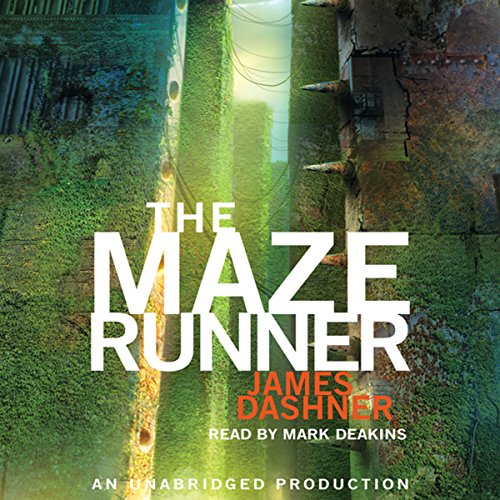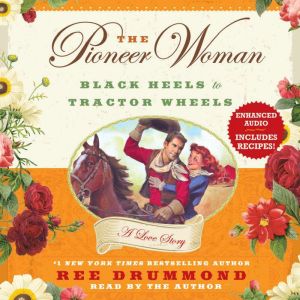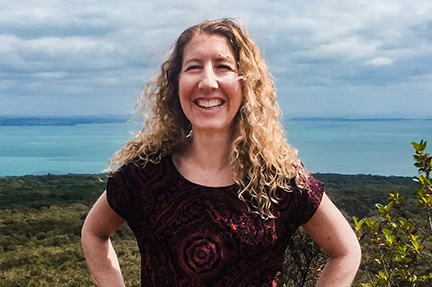We are excited to welcome back, Natalie Beisner, who placed twice in our Q2 2021 Creative Nonfiction Essay contest. Links to these incredible essays are below in the questions that ask about each one. Plus, Natalie gives us a lot of words of wisdom and inspiration in this interview. But first, a little about Natalie:
Natalie Beisner is a Los Angeles-based storyteller and writer. Her personal essays have been featured in
The Selkie, The Dead Magpie, antonym lit, ArtAscent, VISIO, Weird Women Co. Her writing has been previously awarded by
Kaleidoscope: A Reflection on Women’s Journeys, Gulf Stream Lit, as well as
WOW! Women on Writing. Natalie is a previous StorySLAM winner with The Moth, and now she helps to coordinate monthly storytelling shows, in an effort to help foster empathy. She hopes to help bridge the current political divide by encouraging people to share their stories and to listen to those of others. Natalie holds a BFA in Acting from Cal State Fullerton. You can find out more about how to get involved in her storytelling shows by following her on IG @nataliejeanbeisner.
WOW: Congratulations, Natalie, on placing TWICE in our latest creative nonfiction essay contest. We can't wait to learn from you about essay writing. Let's start with your second place win, "Run for Your Life." Why did you choose to write about this subject in the essay form?
Natalie: Thanks so much! I wrote about this subject in essay form because that's how I write about most things, if I'm being honest. I have a harder time writing about (real) subjects in a work of fiction than I do in a creative nonfiction essay. I'm not sure why that is, or whether that's the case for other writers. When I have something I want to say, it's just easier for me to say it in a personal essay of some kind.
WOW: It makes sense! The way the essay is structured, it almost feels like the reader is running with you, and maybe stopping to take a breath or slow down at the paragraph breaks. Was this a conscious decision as a writer? Did the essay just come out this way?
Natalie: I wrote the piece a long time ago--about two and half years ago, I think. It was much longer then, and it encompassed the entirety of my nightly run that I used to take. It's been pared down quite a bit since then. But to answer your question: I'm not sure whether it was a decision (probably not a conscious one, if it was) or whether it just came out that way; either way, I was aware of it at a certain point, and I liked it, so I kept it. I did want the reader to feel as though I were taking her on my run with me. I wanted her to experience the city--and then, later, the worry about my family situation, and finally, the juxtaposition of the two--through my eyes, which is something I suspect most creative nonfiction writers want.
WOW: Yes, very true. I think when essays "come out" the first time, they often are in a form we aren't aware of. Then when we see, "Oh, look at that," we develop it more into the format to help create our themes. Your second essay, "Friends," is a runner-up in the contest, and the tone, voice, subject--it all sounds very different than "Run for Your Life." Why do you think this is?
Natalie: It's interesting you say that because in both essays, I feel as though I'm trying to work something out (a different something for each, of course)--through the writing--and by the end of each respective piece, it's perhaps not quite worked out. However, I agree that they sound different.
I would guess it's because I not only wrote them at different times in my life ("Friends" is much more recent), but I also feel very differently about the two subjects. With the former essay, I feel very protective of my parents, of my family. At the time, I felt as though I were in a possibly somewhat unique situation--living in a city with such a homelessness crisis, and at the same time, worrying about my own parents' tenuous living situation--and I wanted to share that with the reader--in a roundabout way (i.e., via the run).
I wanted to offer gentleness to the reader, and I wanted it in return because I was conscious this wasn't necessarily my own story to tell.
With the second piece, however, even though I'm still trying to work something out, I've been trying to work this "something" out for a much longer period of time; it's been with me for years, and it's also completely my own. I'm less protective of it. It's OK with me if the reader doesn't like it or doesn't feel empathy or doesn't like the way I tell it, etc. I'm more comfortable with it, more brash.
WOW: Thank you for that great explanation as I think that will really help other essayists while perfecting their own work. In "Friends," you took something that happened in high school (which wow--what a strange thing for a teacher to say!) that probably stuck with you, and you then wrote an entire heartfelt, personal essay about it. Is this a common way you go about writing essays? Remembering something from the past and then connecting it to your life now, or do you have other methods? Does it vary?
Natalie: I think more often than not I have something I want to say, and I go about trying to say it, and then I remember flashes from my past which maybe inform what I want to say--even if I don't necessarily include those experiences in the "final" (whatever that means) version of the essay. With this piece, however, I think it was the opposite; the way you said: I think that experience--his words--stuck with me for a long time, and then I just started writing about it one night.
And yes, it was a strange thing for a teacher to say. I went to a Catholic school, but most of the teachers weren't like that. It's funny because at the time, I didn't feel too affected by his words--I wasn't yet sexually-active, and I didn't watch "Friends," so it was largely meaningless to me.
But for whatever reason, his works stuck with me, as I said, and they came to mean more to me over time, as I grew up and became sexually active and then--for various reasons--felt shame over my sexual activity, etc., and then--unintentionally--surpassed Rachel's "number." I guess he meant his words as a kind of warning--albeit a gross, inappropriate, irrelevant one (coming from a high school teacher)--and that warning stayed with me--especially after I didn't heed it.
WOW: Just reading your answer now and thinking about "words," I wonder how many times in our lives, we've said something that has stuck with someone else--and we didn't even know it. As writers, we know the importance of the written word. But the spoken word, as your essay points out, can stick with us for so long. Since you placed twice in our contest, I have to ask you: What are two tips you have for aspiring essay writers?
Natalie: My first and forever tip is just to do it. I don't think there's a better tip out there than that, because that's the biggest, hardest step, and that's what it all comes down to. I wish I'd started doing it a long time ago, instead of just thinking about doing it. Writing is never easy (although sometimes it's fun). More often than not, there are a million other things I would rather be doing or could be doing or should be doing, and it's true what they say: I enjoy having written more than I enjoy writing. Alas, writing is the only way to get to the having written. And the having written is so rewarding--always.
For a long time, I was ashamed of so much of what I've done or haven't done in my life. I felt like a failure and like everything was so difficult for me (almost certainly through my own doing), and--like so many--I wondered why. However, writing has given my life meaning. It takes all the crappy stuff and makes it transcendent. No longer is it just random crappy stuff--the luck of the draw--it's now a story, and that story is something other folks can possibly relate to, and that's everything. That's life.
So all that to say, if you start writing, you won't regret it. But you have to start.
I don't know if I have a second tip--other than maybe don't give up. Cliched as it sounds. Once you start speaking truth and telling your story (be it written, verbal, fiction, or nonfiction), you will find the people who appreciate and love you for it. But again, you have to start, and then, keep going.
WOW: Both of those are great tips. In your bio, you talk about helping to coordinate monthly storytelling shows, in an effort to help foster empathy. Can you tell us a little more about these shows and if someone's interested in participating, how to do that?
Natalie: Yes! In September 2019, I did my first storytelling show at a local theatre. It was similar to The Moth--an evening of short, true stories on a given theme. The theme was "Purge," and I shared about my experience with bulimia. I remember being so nervous before, during, and after--so nervous, in fact, I went to hide in the bathroom directly after getting offstage! But I also remember it being very empowering to get up onstage and tell my own story with my own words. I'm an actor, which admittedly, isn't always the most empowering of jobs--particularly the auditioning part. But that storytelling show was different; it was the first time in a long time I was sharing my own words, my own "script."
I was hooked, and so I decided to take a class nearby. And would you believe it--I actually stopped going to that class, because I was so nervous! I went to the first class (out of five or six), and then I bailed! I lost all my money, and I'm a huge cheapskate, so it's very unlike me to do that. But I was just so nervous. I still chuckle at the fact that I somehow found a class setting far more nerve-wracking than an actual show because I did the show first, and then couldn't seem to muster the nerve for a class, which you'd think would be easier in some sense!
So I didn't do another show that year, and then, of course, 2020 happened. Like so many, I had a really hard time with everything that happened last year. I was unemployed for the first time in my life, isolated, heartbroken feeling hopeless, etc. Then I discovered that a couple groups were putting up these storytelling shows online, via Zoom. I auditioned for one and got in and performed, and shortly thereafter,
I discovered The Moth (if you're not familiar, look them up!). I'd always heard about The Moth--on public radio, etc.--but I'd never been to a show when they were live, in person. I was so happy to discover they'd transitioned online and because it was all online, you could "go" to The Moth anywhere in the country--it didn't have to be just your city!
So I went to a bunch of shows and watched, and then finally, one show, I decided to put my name in the hat. My name was called, and I ended up winning that StorySlam--the very first time I put my name in the hat (of course, I've attended a bunch more since then, and gotten my name called again and lost every time-- haha, c'est la vie).
After that, I got involved in helping to produce storytelling shows online for a couple of local theatres. For a time, the virtual shows were very helpful to people, during such a difficult and frightening time, when theatres and communities were largely closed down. It was nice because while it's difficult to transition something like a staged play onto Zoom; it's not too difficult to transition an evening of storytelling onto Zoom--not a lot gets lost in translation since it's just you looking into a camera, telling your story.
Now I get the feeling that folks are a bit burnt out on the Zoom thing, and I don't blame them. I'm anxious for shows of all kinds to return in person, and when that happens, I hope to continue being involved in the storytelling community.
I believe storytelling isn't just empowering for actors and performers who maybe are used to saying someone else's words for a living; it's empowering for all of us.
Needless to say, there's a great deal of divisiveness in the country and in the world right now, and I believe so much of that comes from the erroneous belief that people who think, vote, or believe differently than you are evil in some way, are the enemy, "the other." I see it so often, and I even see it lately in some storytelling and theatre communities--the very same communities and institutions which are traditionally and historically meant to be the most "inclusive." Someone who aligns politically opposite from us has more in common with us than we think--we just don't know their stories yet. And once you hear someone's story, it's very hard to continue to cast him as the monster in your mind and in your life. Storytelling helps foster empathy within a community, and empathy just might save us.
WOW: All of that is so true. And I'm sure this interview will help someone either think about storytelling or at least know they are not alone in their struggles. Anything that helps us understand each other is a great thing. The last year has been so extremely difficult for most people. Many of the members of our WOW! community have relied on writing to get through it. Did you find yourself writing more or less during the pandemic?
Natalie: At the start, I wasn't writing at all. Then, for a bit there, I was writing a bunch. Now, I'm writing much less. I started a YouTube channel and have been focusing more of my creativity on that. I think--like all things--it ebbs and flows. I know I'll come back to it.
WOW: So true, and the YouTube channel is just as creative as writing, in my opinion. What's next for you? What are you working on?
Natalie: I still help produce storytelling shows for a local theatre company. As I mentioned, I'm working quite a bit on this YouTube channel. I started shooting my first-ever feature film in January/February 2020, and this summer we're finally getting a chance to finish up shooting--almost a year and a half later :) I work at a drive-in movie on the weekends and am currently looking for work I love, figuring out "what I want to do with my life," etc. Before everything closed down last year, I was a server in a restaurant, and I hated it. Nothing whatsoever against serving, but I'd been doing it for over ten years, and I was burnt out but too afraid to leave.
Well, turns out I didn't have to leave, the industry left for me. It was a tragedy for sure, and I'm not happy about what happened to restaurants like the one I worked for, but I'm also taking whatever good might come from the fact that the decision was made for me, and I'm trying to turn over a new leaf, both professionally and personally. So all that to say: I'm not at all sure what's next, but I am sure it won't be what's past.
Thanks so much to Margo and Angela and everyone at WOW! This quarterly creative nonfiction contest is the first-ever contest I won--about two and half years ago, when I finally started writing and sharing it. So WOW! holds a very special place in my writerly heart :)
WOW: We are lucky that you decided to enter and keep giving us great writing to read. Natalie, we wish nothing but the best for you. We appreciate all your honesty and wisdom here--and the time it took for you to write these heartfelt answers. Best of luck with all your future projects.





